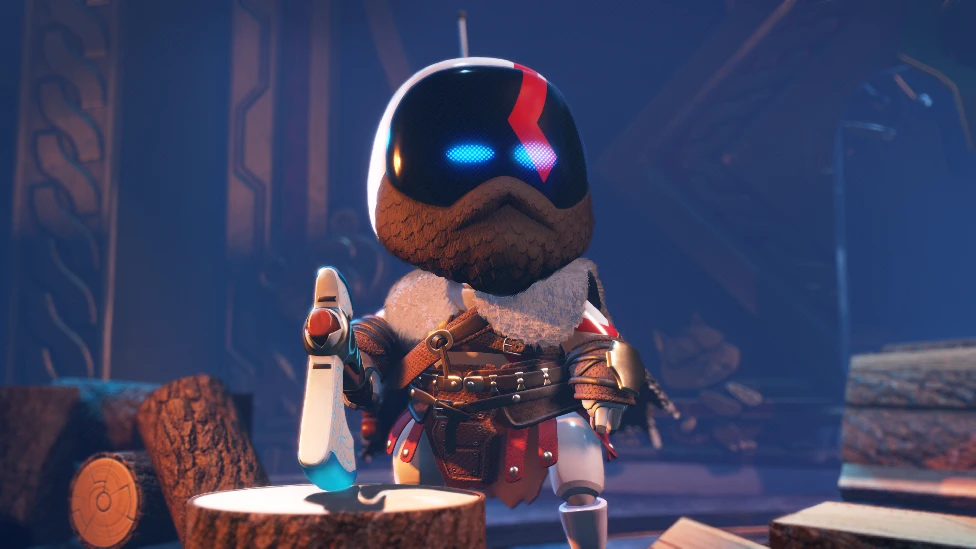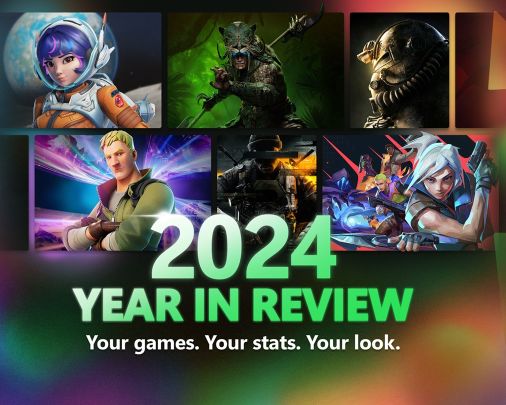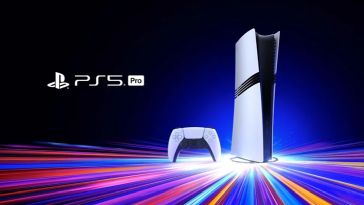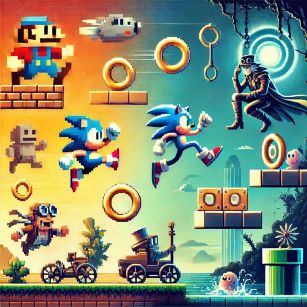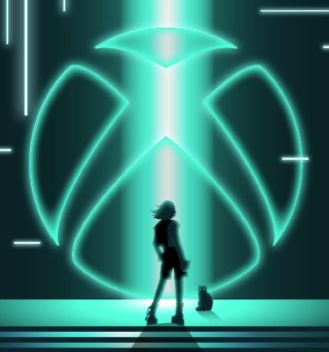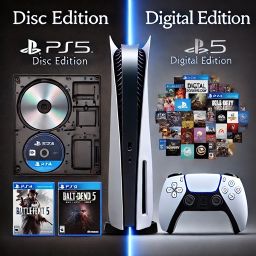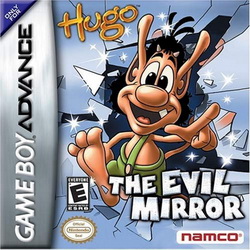

In the great pantheon of gaming, few titles slip under the radar quite like 'Hugo: The Evil Mirror.' Released in 2002, this platformer is suddenly 21 and if video games were kids, they'd be heading for the Senior Prom. The game revolves around a charming troll trying to rescue his wife from the clutches of an evil witch. That's a classic story arc, if I ever heard one - right up there with 'Why is my boss breathing down my neck?'
The gameplay itself sets you in the peculiar world of the titular troll, Hugo, who is not packing heat but rather a love for his family. The evil witch Scylla, clearly powered by jealousy of their lush family life, traps Hugo in a broken mirror. No, it's not an Instagram filter gone wrong! To free him, Hugo's three charming but good-for-nothing kids must find the mirror's fragments scattered throughout the land of platforms and peril. Each child has its own unique ability, turning the game into a scavenger hunt of sorts where platforming skill meets sibling rivalry. Ruth jumps higher than an excited kangaroo, Rat brings a snowball bazooka to a fistfight, and baby Rit rides a wild boar like it's the coolest tricycle ever made. Imagine the family gatherings with that kind of genetic diversity! After gathering the pieces of the mirror, the real action kicks in as players lead Hugo in a climactic showdown against Scylla. It's a fun combination of exploration, puzzle-solving, and vintage boss battles that will tug at both your heartstrings and your nostalgia.
Graphically, the game presents a somewhat charming 3D aesthetic reminiscent of the early 2000s gaming scene. The polygons are rougher than a gravel road and it feels a bit like living in a perpetual 2002. Not quite as polished as the hyper-realistic textures of today, it still packs a whimsical character that feels in sync with the beady-eyed troll aesthetic. The sound design features upbeat tunes that will likely stick in your head days later, echoing like the day you decided to binge-watch that one series you swore you'd stop after two episodes.
In conclusion, Hugo: The Evil Mirror embodies that nostalgic churn of early-platforming vibes, rolled in a playful storyline and quirky characters. While it might stumble in graphical fidelity and modern competition, it still resonates with a certain charm that makes you feel like a kid again. Should you play it? Only if you're looking for a light-hearted romp through troll town; otherwise, you may want to stick with that triple-A game that just came out this week. At the end of the day, if nothing else, it's a game where you can rescue your metaphorical inner child from the evil clutter of adulthood!

